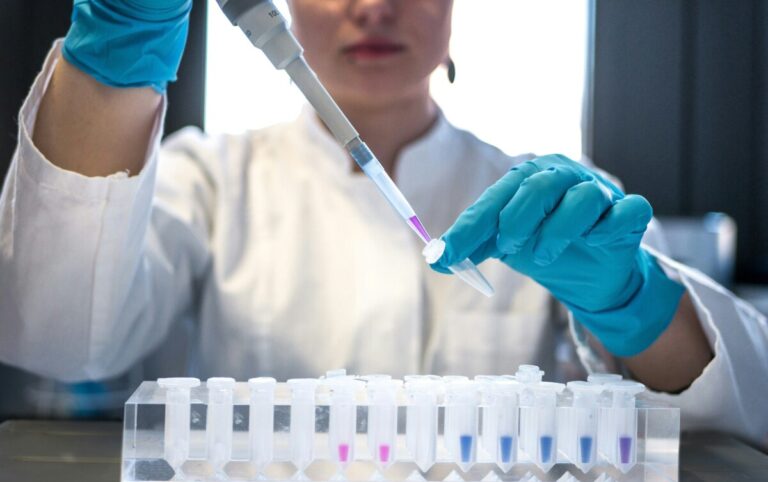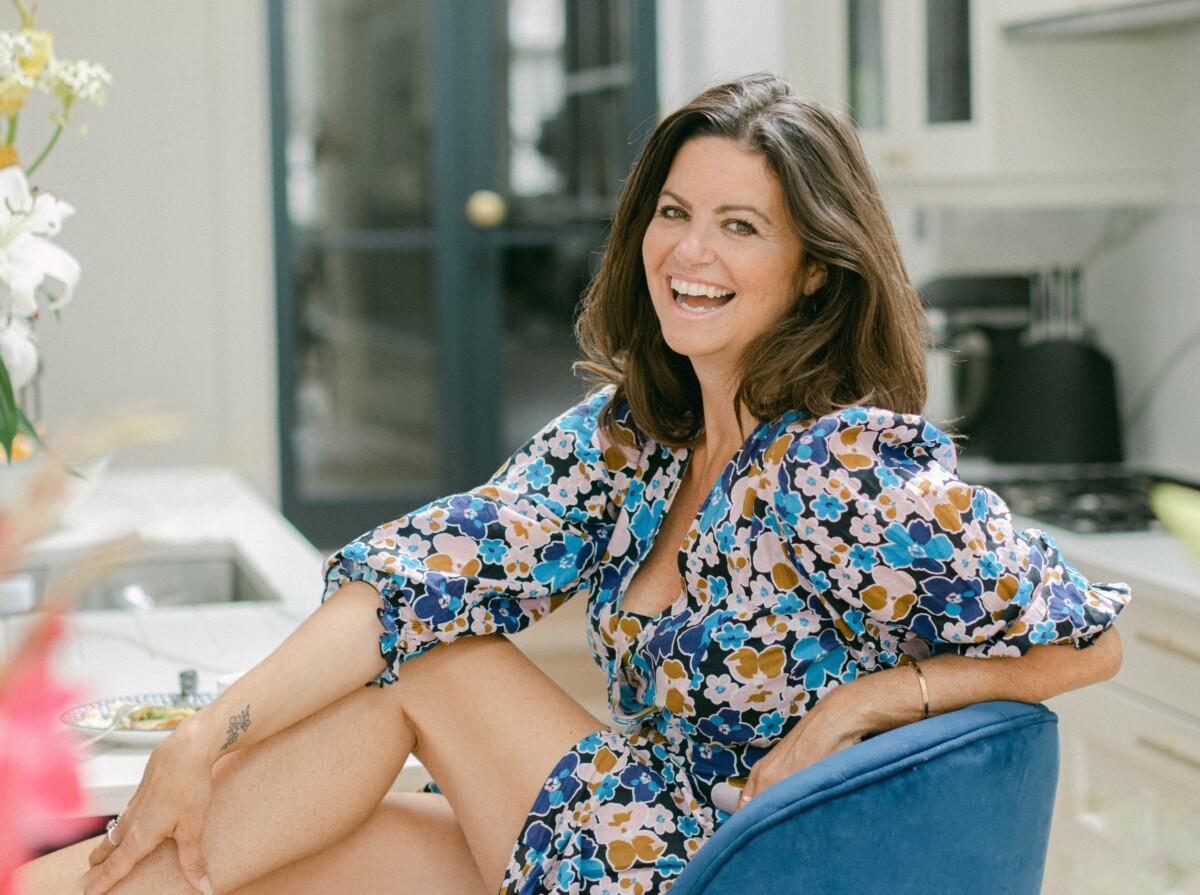Cancer Grand Challenges initiative awards record £100mn to research teams

Cancer Grand Challenges, a global funding initiative founded in 2020 by Cancer Research UK and the National Cancer Institute (part of the National Institutes of Health in the US), has awarded a record £100mn to five cancer research teams.
Its largest funding round to date (launched last March), each of the five teams receives up to £20mn, which is to support them through five years of work.
The teams include researchers from 12 countries, and will now begin work to take on four of the biggest challenges in cancer research.
Advertisement
Two teams are looking to develop new ways of treating solid tumours in children and young people. They will use new drug technologies to target the previously ‘undruggable’ changes that drive these cancers.
Another team will work to improve immunotherapy treatments by studying the ways our immune systems recognise cancer. The final two teams have plans to uncover the reasons behind the global rise in bowel cancer in younger adults and understand why cancer outcomes differ depending on people’s ethnicity.
In total, Cancer Grand Challenges has now given 16 teams of researchers £315mn to take on some of cancer’s toughest challenges. Previous funding rounds saw between one and four research teams given up to £20mn each.
Professor Charles Swanton, Cancer Research UK chief clinician and Cancer Grand Challenges scientific committee member, commented:
“Cancer is an incredibly complex and at times elusive disease and the work cancer researchers undertake requires great fortitude and determination.
“This year’s winning teams and the teams before them take this to the next level. Cancer Grand Challenge scientists think differently about some of the big questions we have about cancer – why is it so hard to develop new drugs for children’s cancer? Why are outcomes different depending on the patient’s race or ethnicity? Why don’t immunotherapies work for everyone? What’s behind the rise of bowel cancer in younger adults?
“These are big questions requiring bold, interdisciplinary approaches to answer them and make a real change in the way we understand, prevent and treat cancer.”






